Photo Credit: nparker13
Congratulations! If you are reading this article, then you have either already decided or are soon to decide whether to take the plunge and move to Ecuador. Yes, for the most part everything you have heard about the wonderful climate, the inexpensive cost of living and the use of the U.S. dollar as the national currency is indeed correct.
But like all things in life, nothing is ever perfectly clear-cut. There are still certain things that you must do (as well as must not do) while planning your move to Ecuador.
1. As an American, Canadian, European, or Australian citizen, you are permitted to enter Ecuador on a T-3 Visa (90-day Tourist Visa), which you do not need to do anything to obtain. Immigration in either the Guayaquil International Airport or Quito International Airport will simply and without ANY request for money or other documents, stamp the T-3 Visa in your Passport and send you on your merry way. The issue, however, is that if you do not book a round-trip airline ticket to/from Ecuador, then even before you arrive you will have a very big problem with the most commonly used airlines, including American Airlines and Copa. The agent at the ticket counter in your departure city will ask to see your return flight ticket or your Ecuadorian residency visa, as the only people permitted by the airlines to not have round-trip tickets are those who are already residents of Ecuador. If you do not have this return ticket pre-purchased, you will generally be forced to buy one at the counter before you get on your flight, and the prices can be through the roof.
2. Once you arrive in Ecuador and receive your T-3 Visa, you must adhere to that 90-day rule religiously. If you exceed the 90 days in Ecuador during either a single trip to Ecuador or in a combination of multiple trips during the same 365-day calendar period, then you will become illegal in Ecuador and vulnerable to deportation, unless you have acquired a Tourist Visa Extension or already applied for your Permanent Residency Visa. This must be done before your T-3 Visa’s 90-day period expires. Of course, as foreigners are the lifeblood of Ecuador’s economy, it is not likely that you will ever be thrown out of Ecuador by the Immigration Police before you decide to leave the country. However, if/when you go to the airport in Ecuador to fly back to your original country, the Ecuadorian Immigration Police will matter-of-factly tell you that your T-3 Visa has expired and that you are now illegal in Ecuador and that you must obtain a new visa from the Ecuadorian Consulate in your country in order to be permitted to return to Ecuador any time within the next 9 months. It becomes a somewhat-expensive, nerve-wracking and undesirably-memorable experience for those who have no other choice but to do so. Therefore, DO NOT improperly count the available days on your T-3 Visa. If you are uncertain at any time or for any reason, be sure to contact a visa attorney to be informed of the law and how it applies to you and your situation.
3. Do not bring a lot of cash and/or precious metals with you on the plane or in your checked luggage (in other words, do not bring more than 10,000 U.S. dollars per family), because although it is legal to do so, you will have to declare it on the Ecuadorian Customs/Immigration form on your plane prior to arrival. Failure to do so can result in a substantial fine and/or forfeiture of your cash and even the filing of a legal case by Customs of Ecuador (though that is typically reserved for very large amounts of undeclared cash or gold brought into Ecuador under suspicion of criminal activity).
4. If you are taking pets with you to Ecuador, know that you can only do so if they have received their internationally-respected vaccines and tapeworm/tick checks. This includes a health certificate signed by your pet’s veterinarian. Up to two pets per family can be brought on any one flight. You will also need to check with your airline to ensure you understand the forms, costs, and flight requirements that apply to the import of pets to Ecuador. Usually, the importation of your cats and/or dogs to Ecuador is the easiest part of moving here.
5. When you arrive at the airport in Ecuador (either in Guayaquil or Quito), it is best to have already booked your transfer from the airport to your hotel or apartment. For example, Guayaquil is a beautifully-scenic 3-hour car ride to Cuenca. Ecuadorian taxi drivers are usually only Spanish-speaking, not very patient with newcomers, and can take advantage of you (like charging over $200 for a taxi ride that should cost just $115), or, in the very unlikeliest of cases, even rob you.
6. Before you come to Ecuador, you should have your accommodations already booked and confirmed. Not doing so can result in a failure to locate accommodations on the night of your arrival. This is usually only an issue during festival seasons, which occur throughout the year in different cities or across the country as a whole. Alternatively, you could be the unlucky recipient of a dirty or highly-overpriced room for your first night spent in Ecuador.
7. Visas… Oh yes, it’s time to play the visa card again, but this time specifically relating to the processing of your Residency Visa. First of all, one can apply for one’s own Residency Visa in order to save on costs. However, all documents need to be 100% completed, documented, produced, and certified in virtually perfect Spanish, without any errors in the documents whatsoever. Also take note that while they generally try to be helpful and informative, the Ecuadorian Consulates in foreign countries do not always have the most current or up-to-date required documents list or procedures for how to obtain a Residency Visa in Ecuador. Finally, translations to Spanish are not accepted. This means that you are not able to translate any original documents in English to Spanish. This is because you might intentionally misrepresent what your documents say in the case of, for example, an unflattering police report, a pension that is too small for Ecuador, a name you may have changed that might be inconvenient for you to have to explain to the Ecuadorian Immigration Ministry, etc.
8. Let’s see, what is it you need to apply for Residency in Ecuador nowadays? Is it the FBI Report, the RCMP Report, a State or Provincial Police Report, a Local City Police Report or Town Police Report, or is it all of the above, or, quite possibly, is it none of the above? This question has been asked and answered in many different ways, at different times, and depending on who you ask and the way you ask, you could receive very different answers which could either be very good or very bad for your Residency Visa process. This highly important issue is an “ever-changing” rule and requirement here in Ecuador. You would be wise to once again very regularly check in on the status of this very changeable requirement or set of requirements, as it is and always has been (and presumably always will be) a moving target which no one can adequately anticipate in the near to intermediate future.
9. Apostilles: Ah yes, a word that many have tried to pronounce and most have failed to utter correctly. It comes from the French, meaning “a government-issued certification that authenticates a public document for use in a foreign country”. So what exactly is an Apostille, then? Essentially, countries who are a party to the international “Hague Convention–Apostille Section” (such as the U.S., Europe, Australia, China, and, of course, Ecuador), have all unanimously agreed that their respective Departments of State, Secretaries of State, or Ministries of External Affairs MUST provide an official certification of any documents moving from one country to another. However, if your country is not a member of this agreement (Canada, Egypt, Saudi Arabia, Sri Lanka, etc.), then you will instead need a “Legalization” of your foreign documents to be provided by the Ecuadorian Consulate in your home country. (This issue regarding Apostilles and Legalizations can get very complicated, especially when applicants have dual citizenships. In some cases, an applicant must acquire both Apostilles and Legalizations from two countries with different regulations. Whew…)
10. Finally, we have arrived to the 10th and possibly most-important rule here in Ecuador for new residents. That is to say, once you have received your Residency Visa and Cedula (Cedula being your National Identification Card that as a senior you can proudly display wherever you go to receive substantial discounts on public transportation such as buses, planes and trains), you must be sure to NOT leave Ecuador for more than 90 calendar days in either of the first two years of your Ecuadorian Residency (this of course means that you are free to leave Ecuador for up to 90 days in each of your first two years). If there is one rule to not violate above all, this is most definitely the one, as you will lose your residency visa if you leave Ecuador for more than 90 days during either of your first two years. Exemptions can be granted with proof of poor personal health (needing foreign medical attention) or a death in the family.





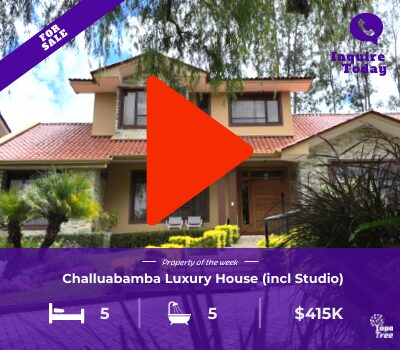



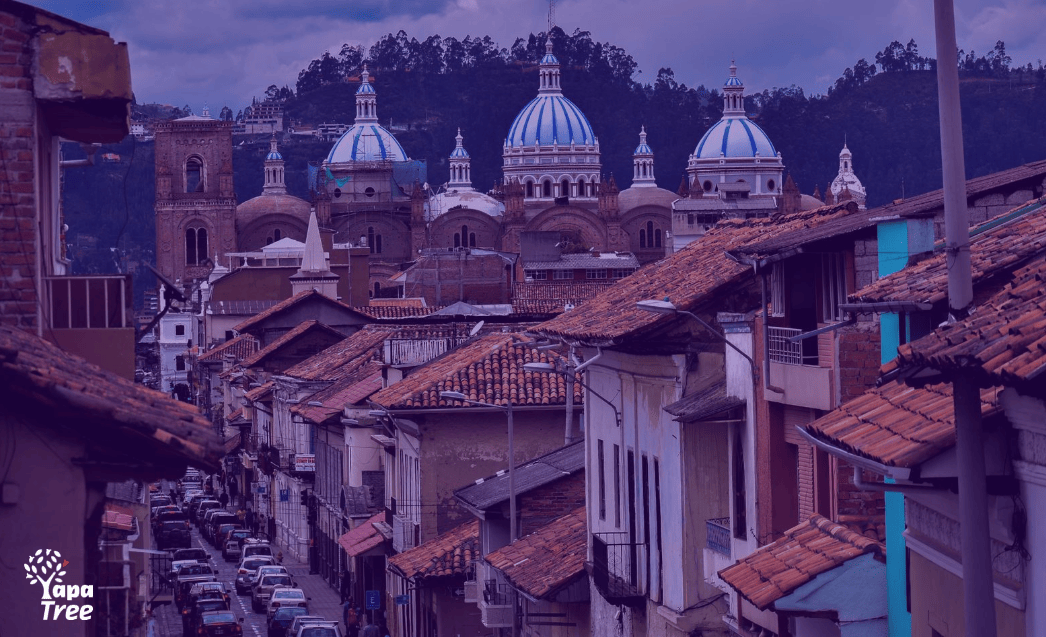
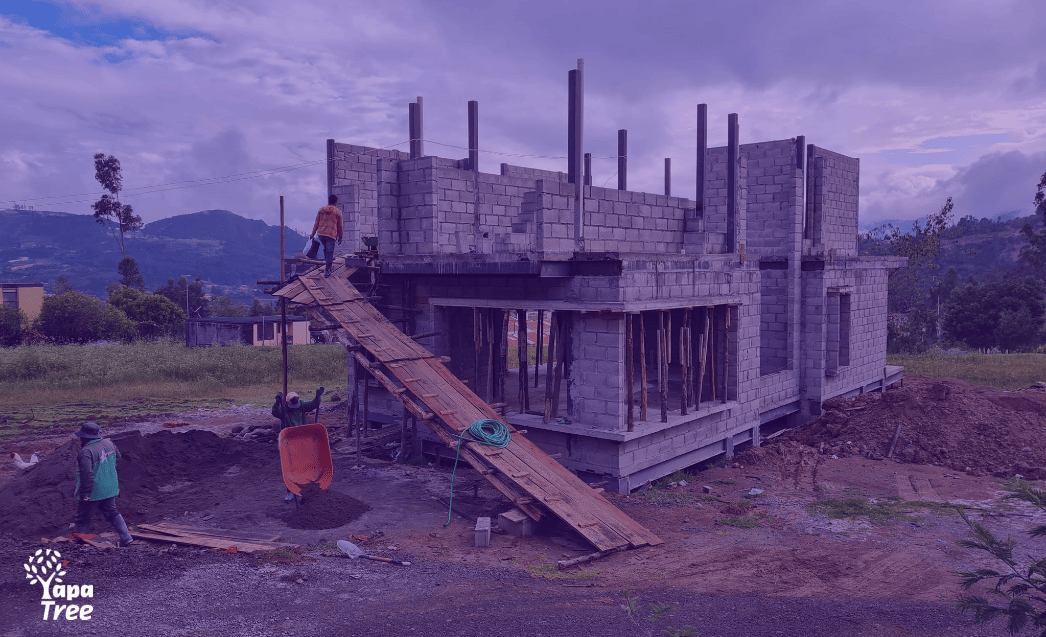
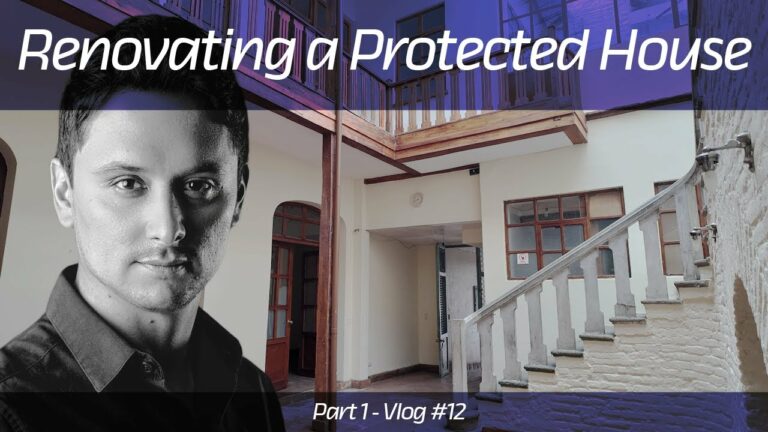

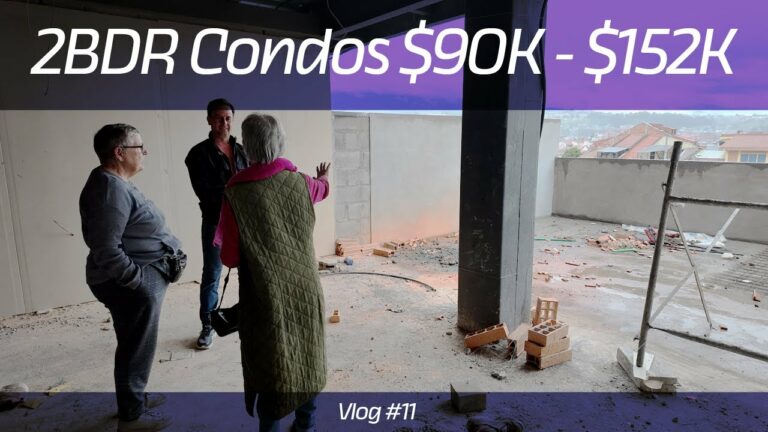

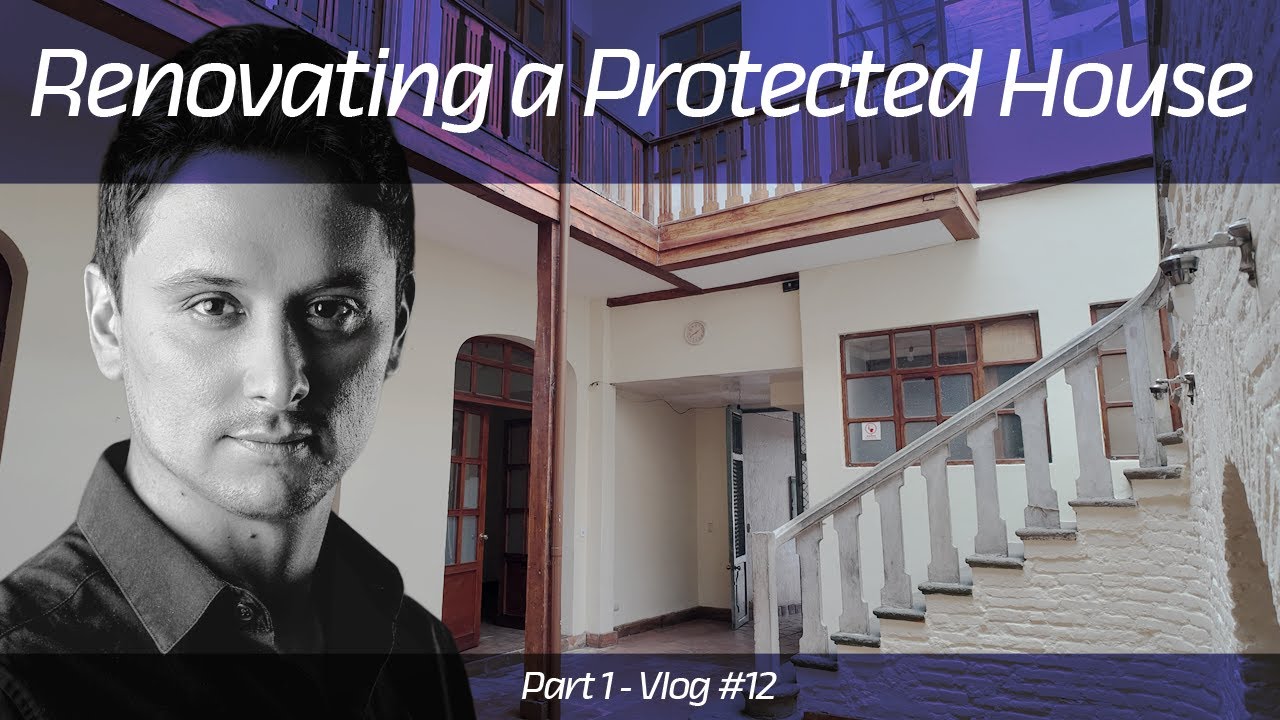

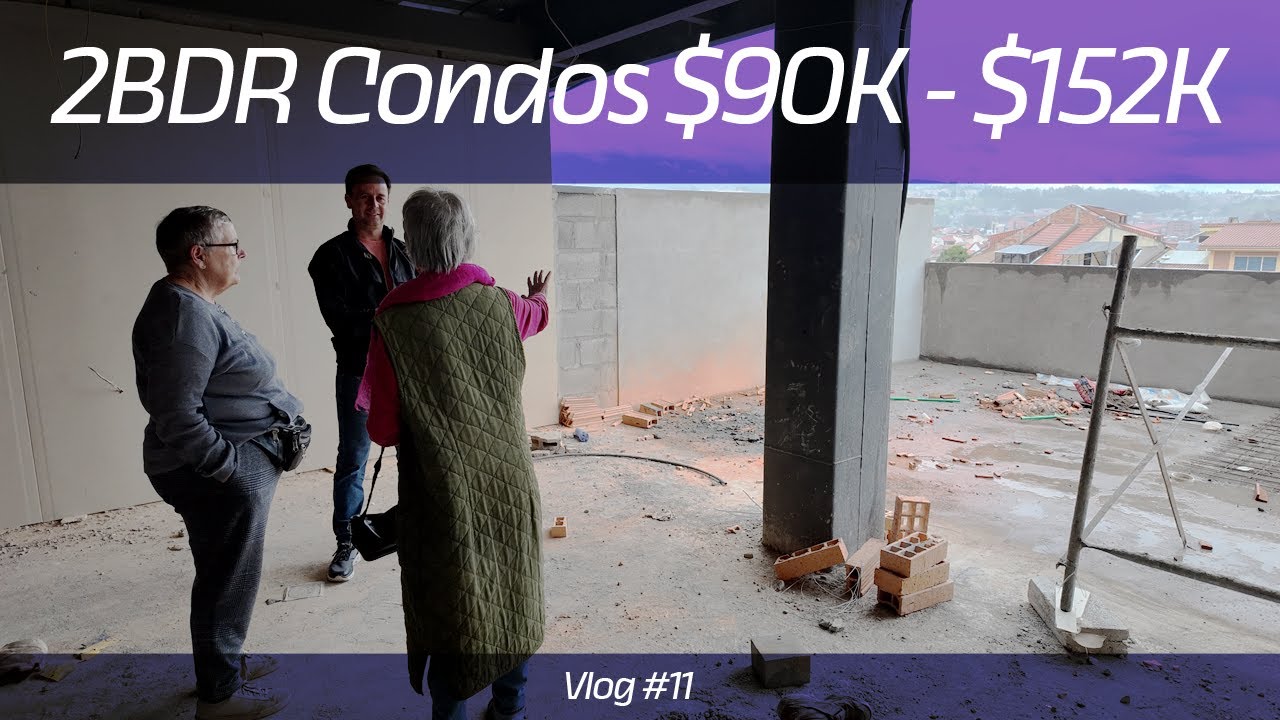

15 Responses
A very good article leading up to a couple of comments…
Regarding point #1: When I moved to Ecuador in November 2015 with my 15-year-old Chow-Chow mix, I flew on a one-way ticket with American Airlines and was never asked about the lack of a return ticket. Like all regulations in Ecuador–see # 8 above, excellent advice!–this may have changed–your experience may vary…in any case, the one-way advance purchase ticket was only a savings of $30-40 over the round-trip advance fares available, a very small pricing differential that airlines maintain fairly consistantly.
As far as #7 is concerned, all of my documents were obtained and apostilled in the U.S. prior to travelling to Ecuador ( except for one that was requested prior to travel and arrived 10 days after arrival to my facilitator’s office via U.S. Express Mail ). Spanish translations were done by third-party service here in Ecuador, through my facilitator. Again, not aware of the changes mentioned in this paragraph, but recent government revisions are entirely possible.
Just a note to anyone applying for residency…I found it well worth the money to save my efforts and frustration for setting up my household, and would recommend turning over residency paperwork assistance to a (currently!) reputable intermediary, such as a facilitator or attorney with specialization in the Ecuador residency process. My facilitator was able to provide accurate and up-to-date information on the required paperwork well prior to my arrival, weekly updates, and the process went extremely smoothly within the timeframe specified. Make sure to check and double-check the reviews and ratings of anyone you engage for this assistance…there are too many stories of folks who lost substantial deposits and/or months by trusting incompetant, inefficient, or unethical practitioners. My facilitator came highly recommended in print, in on-line reviews and from two people I knew and spoke with living in my area on the coast…make sure anyone you engage is clear about not only the cost of their service and whether government fees are included, but is also specific about what services are included in their quote–send no funds until you have a clear written agreement specifying all relevant details!
“Nothing is ever perfectly clear-cut” is a great way to describe certain aspects of the Ecuadorian immigration laws. It might be because they seem to change quite a bit over time. I’ve asked at three different agencies, one being at the airport upon arrival, when the 90 day period of not leaving the country begins for the first year of residency and I’ve received three different answers. I chose the answer that best suited my situation and so far it has worked out. But, it could have as easily gone the other way, so I don’t even ask that question any more. Now the question that I can’t get straight concerns the following three years after the first two years of residency. I find a lot of places that say you can keep your residency as long as you don’t leave the country for more than 18 consecutive months. Digging a bit deeper, I find that it also means 18 months over the three year period. Digging deeper, I find that it’s 18 months including the time out of the country during the first two years. What about time out of the country after 5 years of residency? I want to keep my Ecuadorian residency but I also want to travel outside the country as much as I’m allowed to.
Would you mind sharing the name of the facilitator you used?
Moving to Salinas where do we acquire needed paperwork to fill out. We will be buying property on the beach to enjoy our retirement. Thinking about contacting the Houston consulate to start the process any ideas?
Thanx in advance, Mark Dallas
Mark,
I live in Houston and found the Houston Ec Consulate office to be very friendly and responsive, just not too knowledgeable. I suggest you check GringoPost, GringoTree, Ecuador Facebook and general google searches. Best of luck. I leave for Cuenca on Aug 3 and will apply for my pensioner visa immediately.
The facilitator you use will most likely depend upon where you are going to be living while you obtain your visa. If you’re considering the Cuenca area you can email me ([email protected]) and I’ll be happy to share the attorney we used – she was incredible. She has also helped several couples we referred to her, including one who brought a parent with Alzheimer’s, and they all speak very highly of her.
Good article, thank you. I have received conflicting reports on the need for a round trip ticket. It seems silly to me that the airlines would require and not the country. Additionally, if that’s the airlines position I would purchase a one way and then prior to departure purchase the return and cancel the return within 24 hours for a full refund.
Your Comment
Facilitator I used was EcuaAssist in Manta. Adriana and Serena were very responsive and professional There are also offices in Quito and Cuenca, with assistance available in Guayaquil and Bahia de Caraquez…but check with Dr. Marcos Chiluisa, the principal attorney, for the latest information. There is a small deposit required for the initial (thorough !) consultation with Dr. Chiluisa which is used toward your total cost should you engage EcuaAssist for their services. While I can highly recommend their services, I probably would have considered several other options (one in Quito and 2 in Cuenca) that I had researched had I relocated to the Sierra rather than the coast.
Very informative article, very well written. I would like to add that it is 2 dogs per person, not per family that is allowed. Hubby and I we moved here April 02, 2016 and brought our 3 furry friends from the USA. Also, maybe some people might find it helpful if I mention that we used Joseph Guznay as our visa facilitator. Even though he has a law degree he is not an attorney and he charges $500 for his services regardless if it’s for one person or a 4 person-family. We are in Cuenca and he is in Quito however, he has people working for him in Cuenca and I believe also in Guayaquil. We brought all of our papers notarized and apostilled. We’ve sent him our documents with an overnight service (he’ll tell you which service to use) and paid $3 for the overnight shipping from Cuenca to Quito. He did the translation (included in his fee) and turned our paperwork in to the Ministerium on May 03, 2016. We received an email from him on May 18, 20126 letting us know that our paperwork got approved. One week later we received our residency visa in to our passports and the same day we got our cedulas. I would like to mention that Joseph used to work for the very Ministerium that approves the visas. And sometimes it’s not what you know but who you know. We never had to leave Cuenca, Joseph did everything for us in Quito and his assistant helped us here locally. Joseph Guznay is highly recommended on GringoPost. He is honest, prompt, professional and he knows his stuff. If you need his contact info please don’t hesitate to email me to [email protected] or you can look him up on GringoPost.com Good luck to you all!
I must start by saying this website/page has been very helpful, my husband and I ‘Thank You’ each for all information. With our plans on relocating to Salinas, Ecuador, I have some questions regarding Residency, (Consulate) Cedula, information translated into Spanish and Apostilled:
* I have tried contacting someone at the Consulate General of Ecuador office , Houston with no luck. (We are US Citizens) To find out about being assigned a Consulate to guide and help us thru this process. Can we go to
another Consulate office (I.e. Las Vegas) even though we live in Texas?
* Will the Consulate refer you to someone for translation of documents to Spanish and to
have Apostiled? (I have found links via Google but not for sure if reputable)
* By obtaining the Residency (thru a Consulate) will we be furnished a Cedula , also?
* Pets – We have 2 pets that will be coming with us. Knowing beside various records that I must receive from the Vet, will the Consulate assist us on any other required documentation?
Thank you for any responses …guidance you provide. Becky & Mark (Dallas)
Do a Google search for : Ecuador Visa Requirements. You may also want to contact Visa Angels ( free service) with the exception of translation. [email protected] or [email protected]. OR http://www.cancilleria.gob.ec/immigrant-visas/
In my opinion ( I live in Houston) you don’t need to go the a consulate in the US.
Good luck.
I have been thinking about moving to Ecuador, because it is something that I have always wanted to do. However, I have never heard of the term “Apostilles” and so I am very glad that this post has educated me about that. I’m from the United States and so this post tells me that I will need an Apostilles, but how do I know whether or not I need a Legalization too?
Hello everyone:
My name is Aldo. My mother is American. My son is American. My sister, brother as well. Part of my life I spent it there.
By experience, I know how vital and important is to have access to accurate information. Ecuador most valuable assets are: 1) People 2) Nature.
This is a beautiful natural country filled with wonderful well intentioned good hearted people. Shamely, like any other country in the world, comes with politicians, root of all problems.
As an Ecuadorian, I feel proud when I read testimonies and I feel, due to my personal experience, like most of us here, we feel that the negative perspective and misinformation out there is unfair and doesn’t make any justice to what this country has to offer.
Whenever you need to obtain information or have concerns, or if you are planning to visit, live, or even make business or offer your professional services, let me know. Contact me. I develop business and marketing projects for living, but this is not a commercial announcement, it’s a honest offer. I won’t charge for information, assistance or advice. For me it is an opportunity to claim the honor that this beautiful country and its people deserve.
Hope your visit, the process and your whole plan to move here represents all the new things that you have to discover with this important decision you have made…
Welcome to Ecuador…We are proud you have chosen us among 196 countries that are in the world..
God bless us all…
Hi Sara, this is some really useful info for newcomers to Quito! All important pointers to consider! Another thing that I had some difficulty with was buying a local SIM card which is a useful thing to have. I recently wrote a blog post with some tips about it that I thought might be useful for your readers too:
http://blog.ailolaquito.com/2018/04/02/how-to-buy-a-sim-card-in-ecuador/
Thanks!